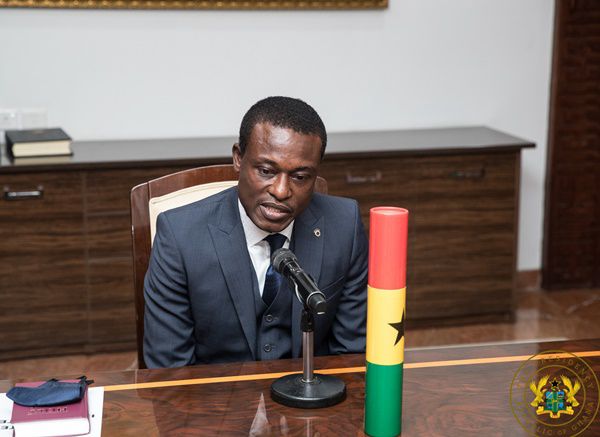Ghana’s fight against corruption faces a significant challenge: a deeply entrenched inequality within the justice system. Special Prosecutor Kissi Agyebeng has highlighted this disparity, noting that while ordinary citizens often face the full force of the law for minor offenses, the wealthy and influential frequently evade accountability for even egregious acts of corruption. This two-tiered system breeds cynicism and erodes public trust, creating an environment where illicit enrichment is seen as a viable path to success, particularly when the perception is that those in power operate with impunity.
Mr. Agyebeng’s observations paint a stark picture of a system struggling to keep pace with evolving criminal tactics. He emphasizes the growing gap between legal frameworks and the sophisticated methods employed by those engaged in corruption. As technology advances, so too do the techniques used to conceal illicit activities, making detection and prosecution increasingly difficult. This constant game of catch-up leaves law enforcement perpetually on the back foot, struggling to adapt to new forms of financial manipulation and digital obfuscation. The result is a system that appears ineffective against those with the resources to exploit technological loopholes.
Furthermore, the fight against corruption is often hampered by the very power and influence that corrupt individuals wield. Mr. Agyebeng points to the sophisticated misinformation campaigns deployed by the wealthy to distort the truth and manipulate public perception. These campaigns, often fueled by vast financial resources, can effectively muddy the waters and undermine investigations. They sow doubt, discredit accusers, and create a narrative that shields the perpetrators from accountability. This manipulation of information, coupled with the threat of intimidation and violence, creates a chilling effect, discouraging whistleblowers and hindering the pursuit of justice.
The imbalance of power extends beyond misinformation campaigns. Mr. Agyebeng highlights the very real dangers faced by those who dare to challenge the corrupt elite. Intimidation, threats, and even violence are employed to silence critics and protect ill-gotten gains. This climate of fear creates an environment where accountability is stifled and impunity reigns. The message is clear: wealth buys protection, and power shields from scrutiny. This chilling reality underscores the systemic nature of the problem and the urgent need for comprehensive reform.
The implications of this unequal application of justice are far-reaching. It not only undermines the rule of law but also erodes public trust in institutions. When citizens perceive that the justice system is biased in favor of the powerful, they lose faith in its ability to deliver fairness and equality. This can lead to a sense of disillusionment and disengagement, further weakening the foundations of a just and equitable society. Moreover, the perception of impunity encourages further corruption, creating a vicious cycle that perpetuates inequality and undermines development.
Addressing this deep-rooted problem requires a multi-pronged approach. Strengthening legal frameworks to keep pace with technological advancements is crucial, as is ensuring that law enforcement agencies have the resources and training to effectively investigate and prosecute complex financial crimes. Equally important is fostering a culture of transparency and accountability, where whistleblowers are protected and information is readily accessible to the public. Ultimately, combating corruption requires a collective effort, one that involves not only strengthening institutions but also empowering citizens to demand accountability and hold those in power to the highest ethical standards. Only then can Ghana hope to create a truly just and equitable society where the law applies equally to all, regardless of wealth or influence.














